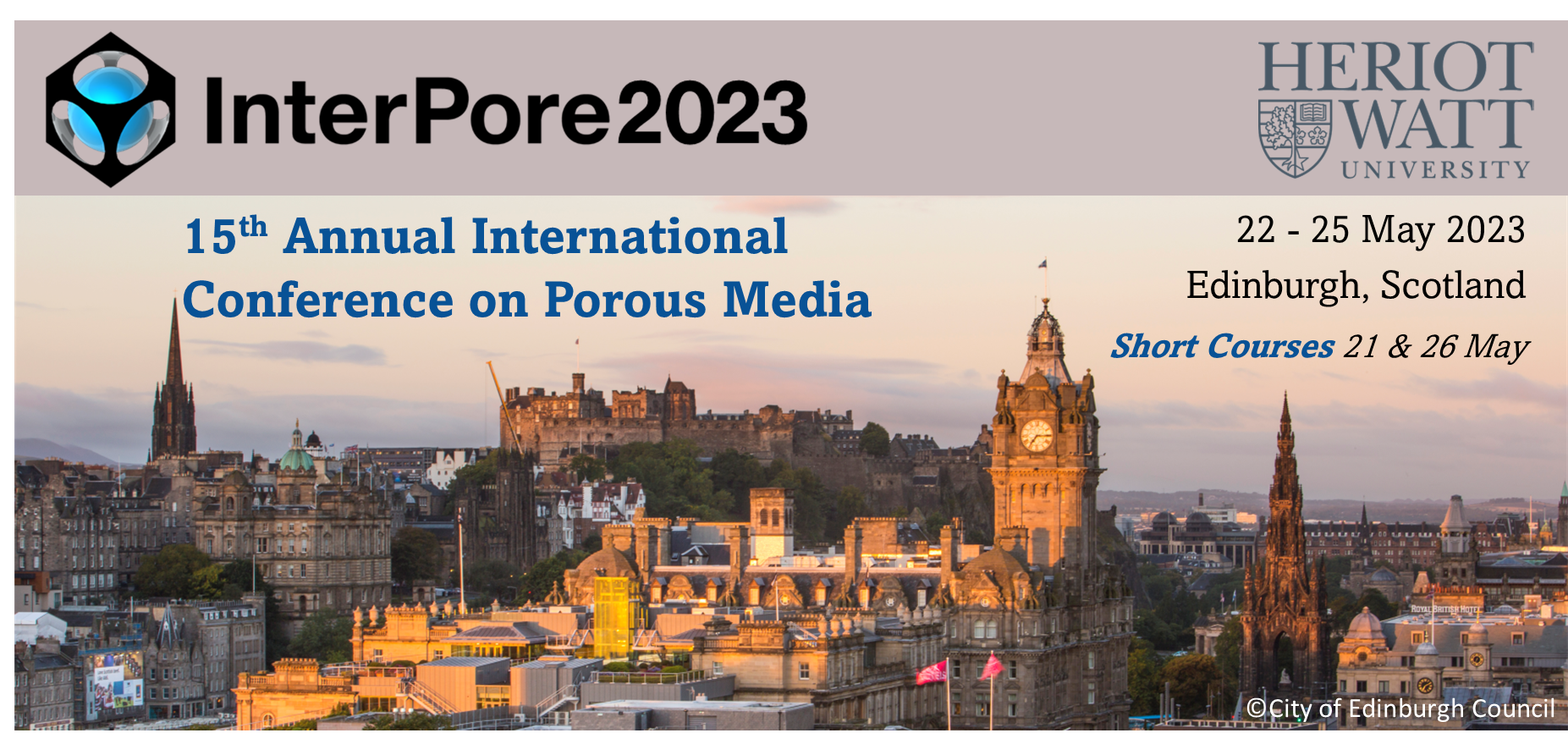Speaker
Description
Society is focusing progressively on the introduction of renewable energy systems to replace fossil fuels which can play a major role in reducing CO2 emissions [1]. Connected to these renewable alternatives is the intermittent character. Solar energy, as a pollution-free, inexhaustible, and affordable energy resource has vast potential [2]. However, one of the barriers for solar energy technology is rooted in the mismatch between energy supply and demand. Therefore, energy storage is proposed as a necessity to address this mismatch.
Thermochemical energy storage is a promising candidate for energy storage as it offers a high energy storage density and almost no heat loss. Thermochemical heat storage is based on reversible sorption reactions used to store energy. In this study we have looked at zeolite as a heat storage material due to its high stability [3]. However most research up to now on packed bed reactors for heat storage has primarily been based on models where the temperature is measured. In this study we have used a 1.5 T whole-body MRI scanner (Gyroscan, Philips) in order not only the measure the temperature but also the moisture as this is driving the heat storage reaction. In order to do so we have made use of a home-built insert which gives is the possibility to simultaneously measure both the moisture and temperature distribution in our packed-bed reactor. In this study we have made use of a glass reactor diameter of 60 mm and a length of 75 mm. The material used is the Zeolite 13X. Both the temperature of the air at the inlet and outlet are measured, whereas we can also control the RH of the inlet between 0-98% and the the temperature can be up controlled up to 220 oC so we can also study the recharging. The glass reactor is insulated with 20-30 mm of Rockwool.
From our measurement we see that the temperature front position is ahead of the moisture front position. Analyzing the moisture front velocities, assuming 1D instant adsorption, results in an accurate prediction of the front velocity with respect to the measured moisture front velocity. Comparing the temperature front velocity to moisture front velocity, it has been shown that the temperature front travels faster than the moisture front. That the temperature front leads the moisture front can be understood, since the temperature front velocity is dictated by the forced airflow velocity and the moisture front velocity is determined by the forced airflow velocity multiplied by a retardation factor caused by the sorption behavior of zeolite.
Analysing the moisture uptake showed that there is hydration ahead of the moisture front caused by a second hydration front. This has also been observed in the relative humidity at the outlet, multiple points of increase are observed, an increase in RH indicates that less water is being adsorbed, which is caused by a front breakthrough. This confirms that two fronts are present, a main front and a wall front due to wall channeling caused by a local higher porosity.
References
[1] P. A. Donkers, L. C. Sogutoglu, H. P. Huinink, H. R. Fischer, O. C. Adan, A review of salt hydrates for seasonal heat storage in domestic applications, Applied Energy 199 (2017)
[2]J. Xu, R. Z. Wang, Y. Li, A review of available technologies for seasonal thermal energy storage, Solar Energy 103 (2014) 610–638
[3] J. Jänchen, K. Schumann, E. Thrun, A. Brandt, B. Unger, U. Hellwig, Preparation, hydrothermal stability and thermal adsorption storage properties of binderless zeolite beads, International Journal of Low-Carbon Technologies 7 (2012) 275–279
| Participation | In-Person |
|---|---|
| Country | Netherlands |
| Energy Transition Focused Abstracts | This abstract is related to Energy Transition |
| MDPI Energies Student Poster Award | No, do not submit my presenation for the student posters award. |
| Acceptance of the Terms & Conditions | Click here to agree |







